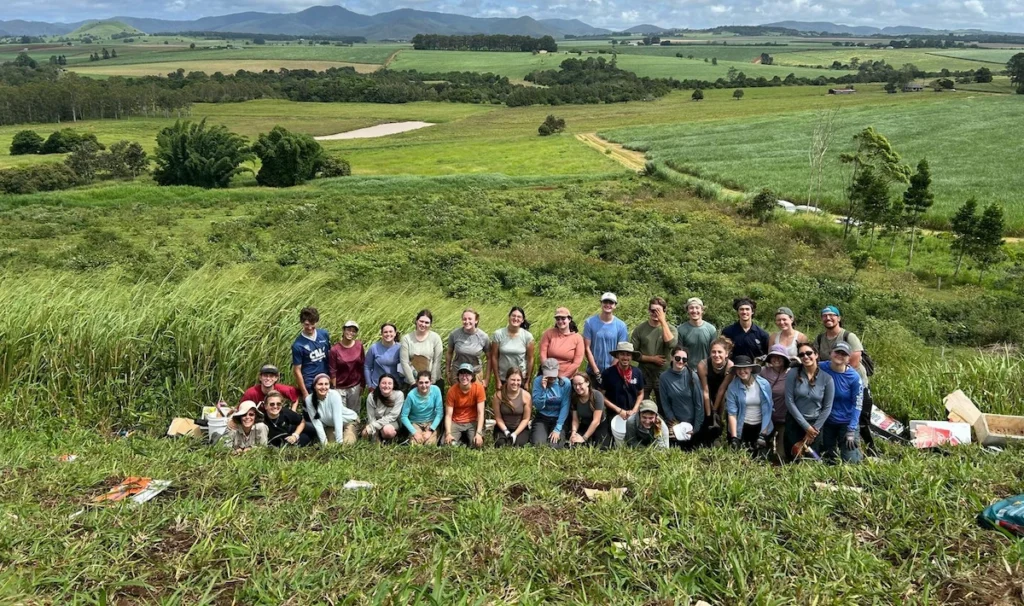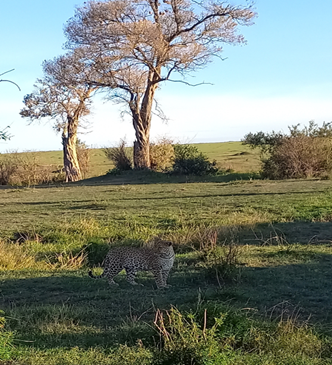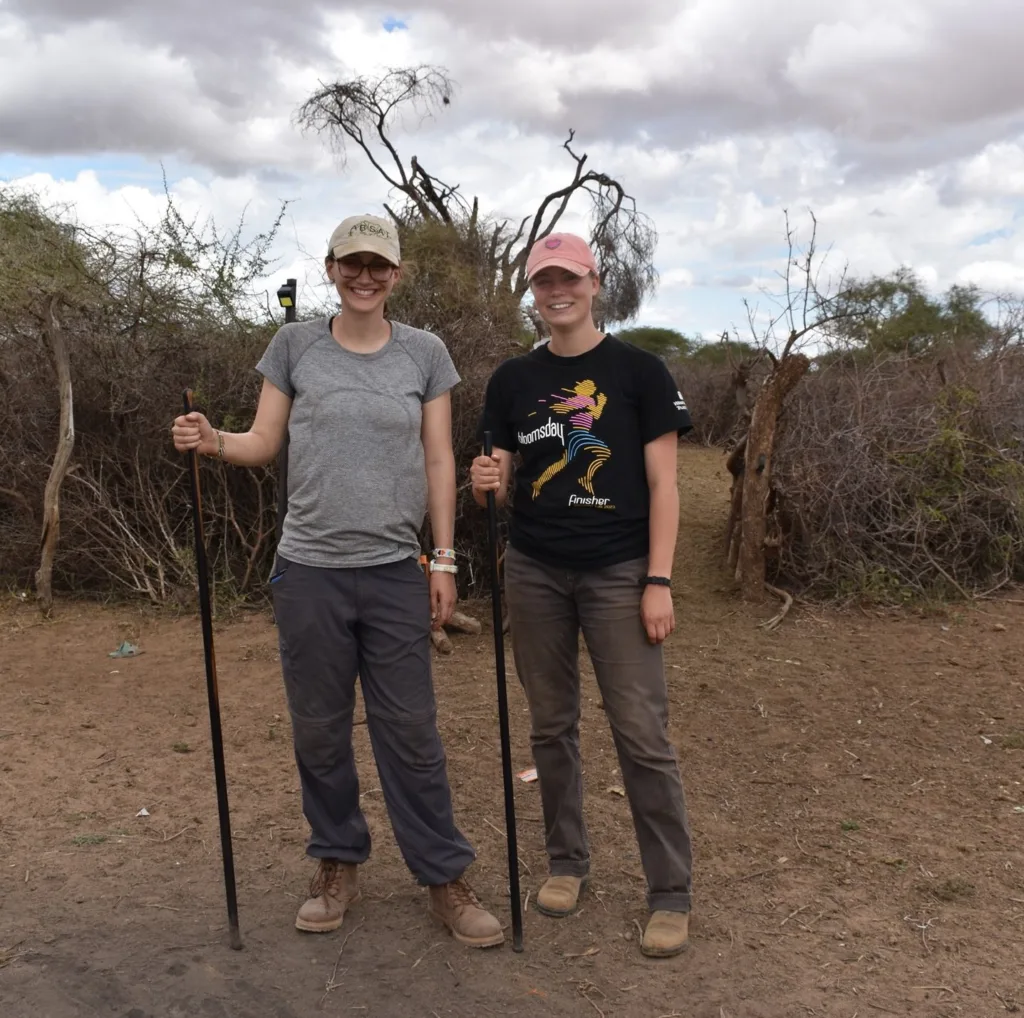A Wetland Adventure
On the 31st of March, SFS Cambodia students collaborated with Wetland Ecology students from Paññāsāstra University of Cambodia (PUC) to undertake a joint field trip to the Banteau Srei Wetlands, a wetland site near Siem Reap. The SFS Center for Mekong Studies was invited by one of our in-country partners, Song Saa Foundation, to visit the site to collect baseline data as there had previously been no systematic ecological data collected in the area on flora, fauna or water quality. At this site, a large freshwater lake and two groundwater springs attracts a variety of bird, fish and invertebrate species. There are future plans for the site to have vegetation restored after years of extensive agricultural use in the area; further restoration will attract more biodiversity and species richness to the site. Before restoration however, baseline surveys are necessary to see what we’re working with in order to give recommendations on restoration.

All photos courtesy of Peter Wedell

The SFS/PUC students were allocated into three rotating groups, each group supervised by a professor who guided them in their field of expertise. Dr. Irina Chakraborty from PUC, a wetland water quality specialist, trained the students to collect water samples from different areas of the lake testing for Nitrate, Phosphorous, Iron, E.coli, Total Nitrogen, Dissolved Oxygen and pH, in order to determine the water quality and indicate presence of any contaminants. Students joined local fisherman in their traditional wooden boats to collect samples from around the lake, samples were later tested back at the Center and at the PUC laboratory.
Dr. Lisa Arensen from SFS, an avid bird and butterfly enthusiast, guided the students in identifying the wide variety of species found at the site and measured species richness and abundance, even adding some new species to the list that had not previously been documented at the site!
The third group, guided by Dr. Megan English of SFS, conducted 3 x 100m long transect surveys with point centred quadrats every 10m along the lake edge to determine plant abundance as well as presence of invertebrates and macroinvertebrates(later identified in the laboratory back at the Center under microscopes). Determining presence of various flora and fauna will provide a guide for future studies on bio-indicator species at the site that can be repeatedly monitored (seasonally and inter-annually) to assess the health of the wetland ecosystem.
Most students ended up waist deep in mud, hot, sweaty and exhausted! But for many students this was one of their first experiences with real ecological fieldwork and by the end of the day, all found it to be a fulfilling experience with friendships made and collaborations fostered between PUC and SFS.



→ Conservation, Ethics, and Environmental Change in Cambodia
Related Posts

Cinder Cone Chronicles: Lessons from Drought, Data, and Determination

